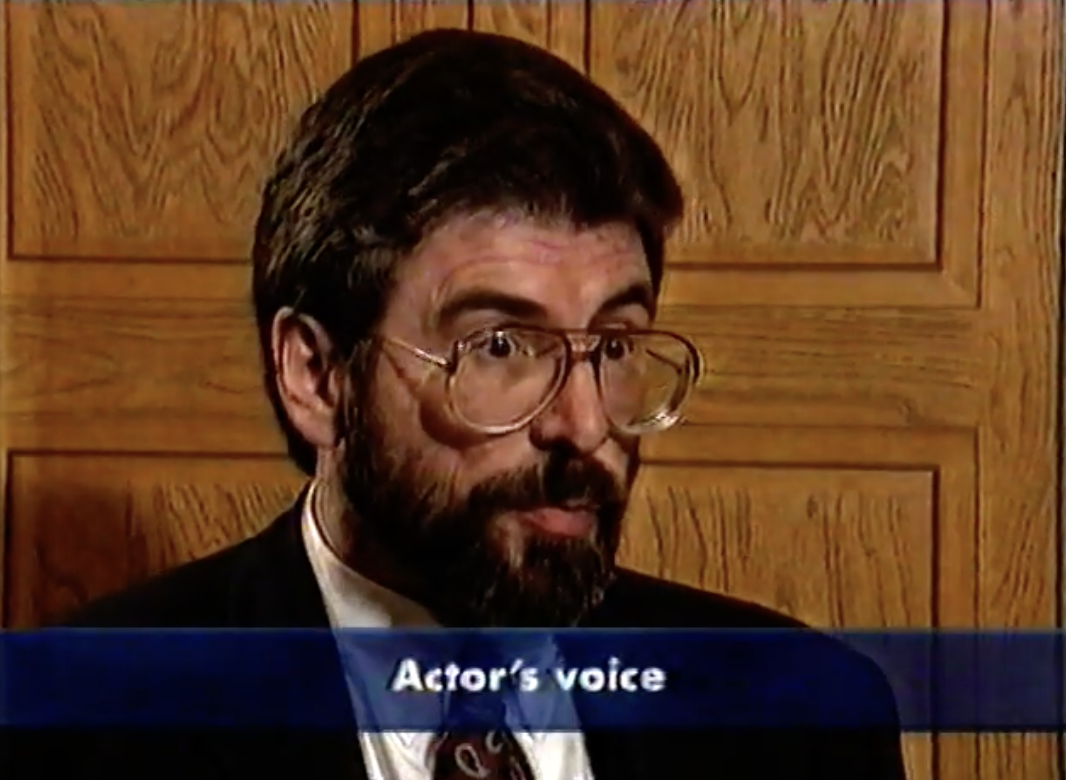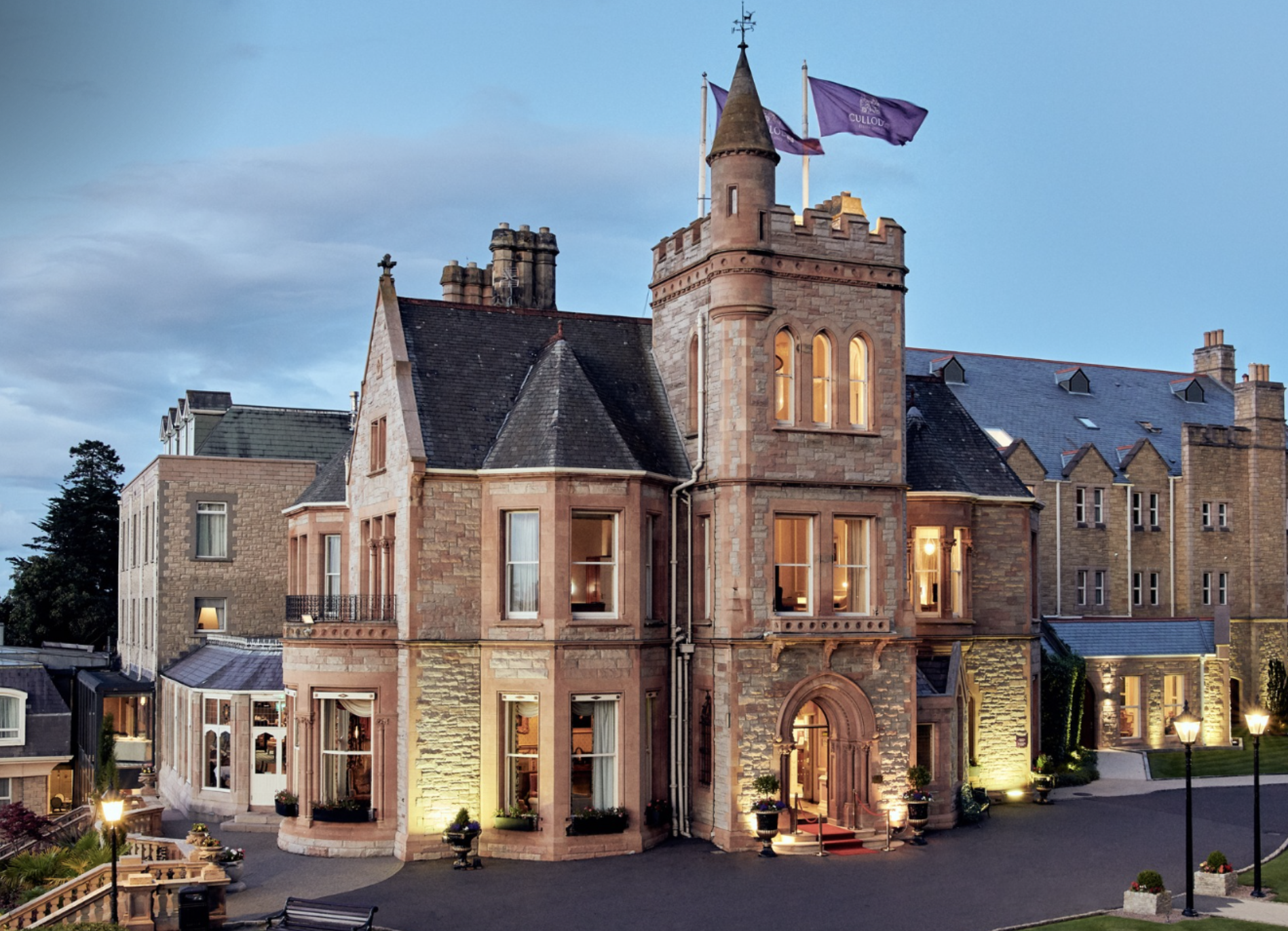A 1980s meeting in a North Down hotel between senior BBC staff and the Northern Ireland Office erupted in violence, with a gun being produced and blows struck, it's been claimed.
Speaking today (Friday) in a Radio Ulster discussion on 100 years of the BBC in the North, veteran journalist Don Anderson, who has held a number of roles in the corporation over the years, described an "absolutely ferocious" clash at the Culloden Hotel over BBCNI's coverage of Sinn Féin and the IRA.
And in another eye-opening contribution to the discussion, former BBC Controller Anna Carragher said that in the 1960s and 1970s, the "lack of diversity" at the BBC's Ormeau Avenue HQ was so stark that Catholics were likely to be seen only in the Ormeau Avenue canteen or working as assistants and attendants.
In a wide ranging discussion about the past and the future, Mr Anderson told Talkback host William Crawley of the shocking clash at the Culloden – then the North's most prestigious hotel and a popular and relatively safe out-of-town rendezvous for journalists, civil servants and politicians.
FLASHPOINT: The gunplay and fighting took place just before the British government introduced the Sinn Féin broadcasting ban
"I remember what were called the Battles of the Culloden and that was dinner parties," he said. "Yes, two in particular in the Culloden Hotel in which the BBC was up against the Northern Ireland Office, and frankly, while it began very nicely, it ended up in blows and at one point actually a gun was pulled by one of the protection staff for the NIO Office.
"That [information] was given to me by a certain reporter who was there, a senior reporter from London. It got absolutely ferocious."
Asked what year the gun incident took place, Mr Anderson continued: "This would have been in the eighties. This would have been when the BBC was being castigated by government for giving coverage at all to the IRA and it led in the end to the voice of people belonging to Sinn Féin being banned on air.
"And of course the BBC then replaced them with actors and voices."
In another discussion about BBCNI in the past being a "cold house for Catholics", Ms Carragher said the corporation was taken by surprise at the outbreak of the conflict here.
"When the Troubles erupted, and they erupted in the 1970s, I think there was a kind of panic," she said. "What do we do? There was also a huge lack of representation. We talked about diversity and one of the callers talked about that. The lack of diversity in terms of the employment of the BBC in the sixties and seventies was actually quite stark and it was very difficult for people from the Catholic or nationalist community to get any kind of roles in the BBC, particularly in editorial roles. There were people in the canteen, there were also studio assistants, attendants, but there weren't people who took editorial or production decisions. And that was a really big factor."
Ms Carragher said that after the seventies, things at BBCNI began to change "dramatically and rapidly" for the better.





